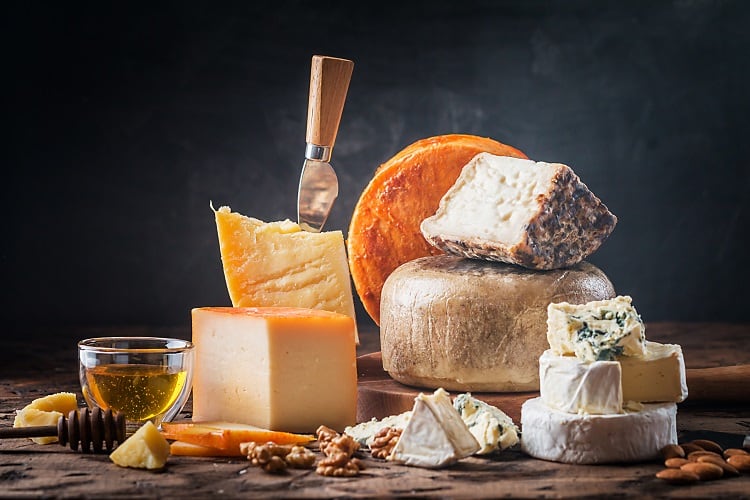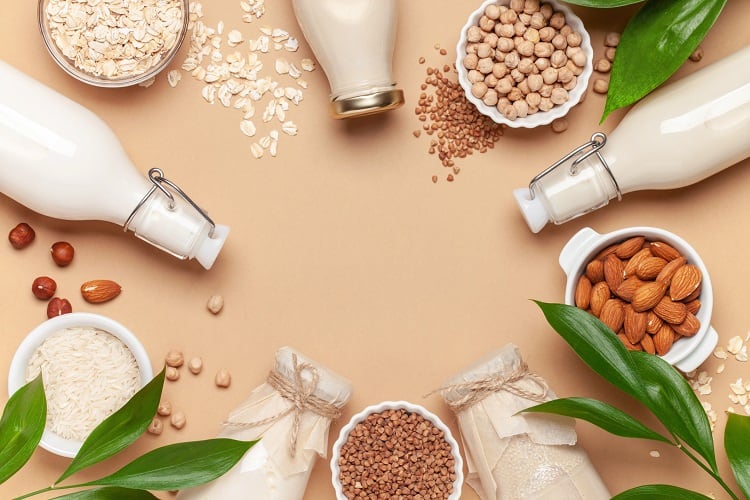Consumer demands are changing. Where once shoppers were blinkered by flavour profile, price point, and basic health claims, today’s consumer wants more from their food and drink: superior nutrition and environmental sustainability.
In a 2020 survey conducted the European Consumer Organisation (BEUC), it was found that consumers most associated sustainable food with low environmental impact (48.6%), limited use of pesticides and GMOs (42.6%), and with local supply chains (34.4%).
A 2021 barometer survey suggested participants deemed ‘nutritional and healthy’ characteristics to be the most important for sustainable food.
This is particularly the case for flexitarians, who seek plant-based foods for health reasons, and are increasingly concerned about the ethical and environmental implications of intensive agriculture.
As such consumer behaviour evolves, so too do brands working to align with these new demands. We speak to established and start-up brands working in plant-based butter and cheese categories to find out how.
Observing changes in consumer behaviour
“Factory farming is efficient, but also destructive and wasteful,” according to Sorosh Tavokoli, CEO and founder of Stockeld Dreamery – a Swedish start-up developing ‘tastier and more nutritious’ plant-based cheese alternatives for the mass market.
“We want to unlock the shift from the dairy industry to a plant-forward future. This shift should be as smooth as possible for the consumer.”
For many, cheese is a sticking point on the journey towards lower dairy consumption. Shoppers are largely unwilling to give up cheese – compared to say, milk – and Stockeld has observed its vegan counterparts getting a bad rap.
“We’re battling a consumer mindset where cheese isn’t an environmental problem…and we’re battling the sad reality that many vegan cheese products out there are perceived as expensive, off-putting, and poor in nutrition.
“We’ll show the world that another future, with better products, is possible,” said Tavokoli.
German plant-based brand Veganz – which started out as Europe’s ‘first’ vegan supermarket chain – agrees that shoppers are increasingly looking for healthy and eco-friendly products on-shelf. “Consumers today expect, in part, their food to be very functional while being sustainable,” said Veganz Group Communications Team Lead Julia Buse.
“This means that plant-based alternatives, more than ever, need to have a high nutritional value.”
Veganz is turning to alternative proteins and food tech innovation to ‘fulfil these needs in a high quality’.
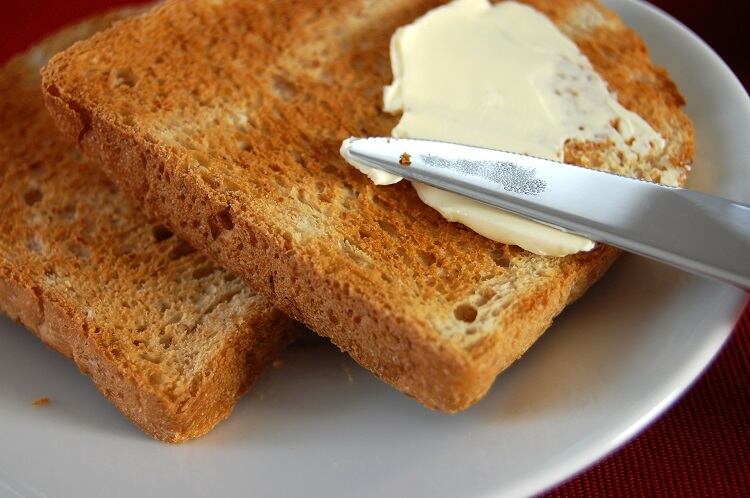
Dutch spreads major Upfield – which specialises in margarine, plant-based butter, and coconut oil-based cheese alternatives via its Violife brand – has also observed a change in consumers.
“Consumers are becoming more aware of the comparative impacts of livestock and plant-based foods on our environment and climate,” an Upfield spokesperson told this publication.
The Flora-to-I Can’t Believe It’s Not Butter company meets consumer demand for more sustainable products by ensuring shoppers have the ‘information they need to make sustainable food choices’, the spokesperson explained.
“We beat our 2021 target of introducing carbon labels to 100 million product packs, and are working towards a 2025 target of rolling out carbon labels to 500 million packs.”
Sustainable sourcing of ingredients
In reducing CO2 emissions from supply chains, swapping out meat and dairy for plant-based alternatives makes for an easy-win.
Once working in plant-based, however, how and from where those plant-based ingredients are sourced can significantly impact a products’ environmental footprint and sustainability credentials.
For Upfield’s plant-based butters and margarines, this means ensuring that at-risk vegetable oils are responsibly sourced.
“Upfield’s plant-based butters and margarines use natural plant oils, including rapeseed, sunflower, and physically certified sustainable palm oil. These are blended to achieve high performance and taste,” explained the company spokesperson.
To ensure compliance with its no-deforestation policy, Upfield turns to third-party certification such as the Roundtable on Sustainable Palm Oil (RSPO), which ensures all its palm oil is physically certified.
But the company does not rely on this alone. In partnership with NGO Earthworm, Upfield uses satellite monitoring and verification to ‘further scrutinise’ its supply chain and ensure zero deforestation.
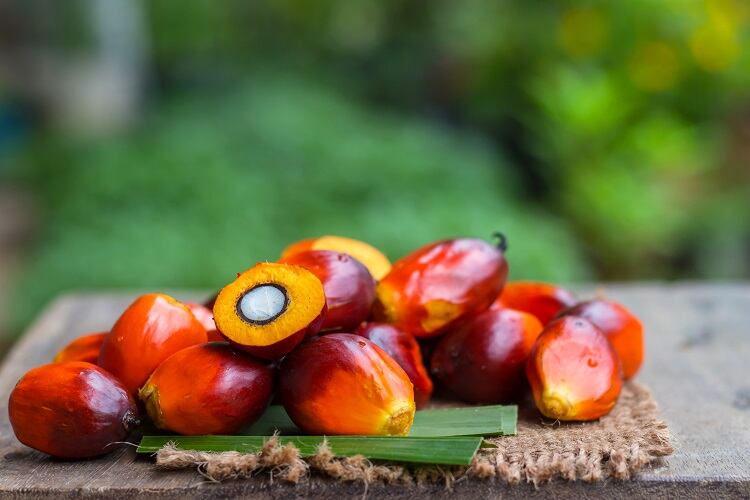
Veganz uses a wide range of plant-based ingredients in its 120-product strong dairy-free portfolio. The base varies from cashews for its cheese alternatives to oat for its chocolates, Buse explained.
Its plant-based alternative to camembert, a fermented and matured product it has coined Cashewbert, is made from just five ingredients including cashew and macadamia nuts. For hard cheese analogues, such as Veganz’ Gouda alternative, the company relies on oil and starch.
All of Veganz’ products are assessed via a life cycle assessment and product details are requested from third party suppliers – and their suppliers. “Thus, we have a clear understanding of our products’ impact and the best leverage to change sourcing of raw materials to make our products more sustainable.
“The result is communicated to consumers via the Eaternity label [which rates products according to their climate score, water footprint, rainforest score and animal welfare] on our packaging.”
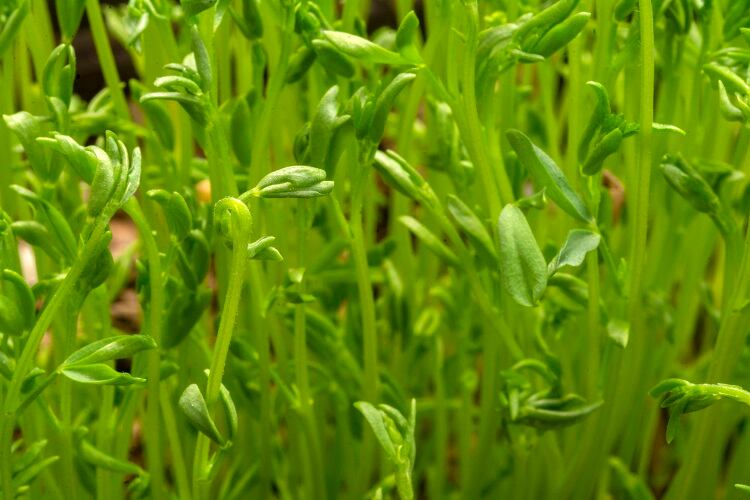
Stockeld, on the other hand, is moving away from nuts. The start-up leverages a range of fermented legumes to develop its product base, including chickpeas, lentils, fava beans, and yellow peas.
While the company is currently working with plant-based ingredients only, Tavokoli told us it is ‘actively exploring’ other ‘exciting’ ingredients, for example fat alternatives, cultivated proteins such as casein and whey, and algae-derived protein.
“Our main impact is that our products are radically lower CO2e compared to conventional dairy product,” the CEO explained. “We’ve conducted a detailed analysis right now and hope to release the exact numbers soon, but we’re talking 70-90% lower CO2e impact vs a dairy product.”
Once its CO2e impact is published, the next step is a life cycle analysis of Stockeld’s products, to take land use, freshwater use, and other key sustainability factors into account.
Challenges in responding to health- and sustainability-conscious consumers
Responsible sourcing aside, what challenges do plant-based dairy brands face in appealing to consumers with health and sustainability front-of-mind?
The ‘main’ challenge in mimicking cheese with plant-based ingredients for this audience lies in ensuring consumer uptake, suggested Stockeld. “Most current vegan cheese out there simply do not taste good, they have poor nutrition, and they’re too expensive.
“As a result, they have very low market shares,” said CEO Tavokoli.
From a planetary perspective, ‘almost anything’ is better than dairy product, he continued. Of course, not all plant-derived cheeses are equally kind to the environment. “Nuts, for example, can be quite resource intensive in terms of water usage.”
And homing in on nutrition reveals that ‘pretty few’ vegan cheeses on the market contain ‘desired’ levels of protein, we were told. “Instead, they’re often high in fat and starch. This is problematic if you want to shift consumer behaviour.
“Working with plant proteins is full of challenges, but we believe they are also part of the solution, both from a functional perspective as well as a nutritional one.”
Tavokoli continued: “In order to truly shift the market from dairy to plant-based, we believe we need to create products that taste amazing, that are nutritious and that can over time reach price parity with dairy products.”
Similarly to Stockeld, Veganz believes taking a holistic approach is necessary to encourage a consumer shift.
“Our products at Veganz have to be tasty, like the conventional ones, and sustainable – from sourcing to packaging, carbon footprint, water usage, animal welfare and rainforest impact.
“They need to have a high nutritional value as well, all the while having a good price point.”
Next steps: Regenerative agriculture
What does the future hold for plant-based brands looking to appeal to eco-conscious consumers? According to the alt dairy brands we spoke to, integrating more circular economy solutions and regenerative agricultural practices is on the horizon.
Upfield, for example, is already working with No-Till On The Plains to provide farmers with financial and educational support to introduce cover crops to their fields. These help to lock carbon into the soil while keeping it healthy. It also helps to improve farmers’ yields in the long term by increasing agricultural resilience. “We then use the crops produced by these farmers in our spreads in the US.”
Upfield’s products are more environmentally than their dairy-based counterparts, we were told. “The challenge is to find ways to continually improve, and further reduce our environmental footprint to meet the demands of a 2050 world.
“Upfield is committed to net zero emissions across Scopes 1, 2 and 3 by 2050.”
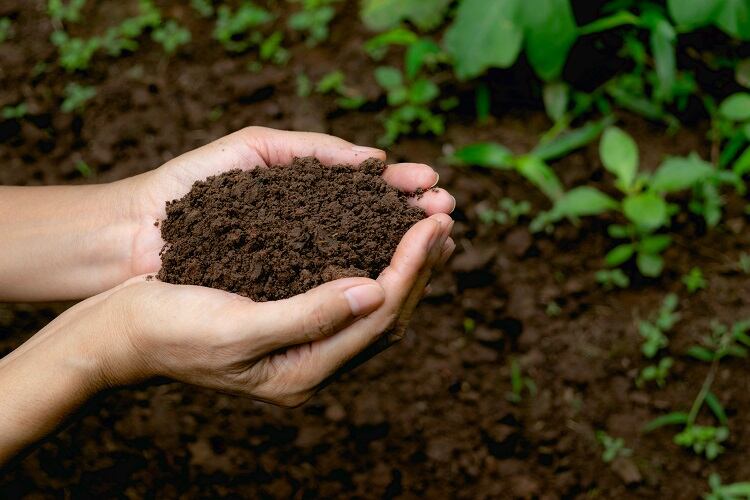
In Germany, Veganz revealed it is currently working on ‘several’ initiatives in the field of circular economy. “They will be in the first products in the beginning of next year,” said the spokesperson.
And Stockeld suggested it will make more steps into circular economy practices as it scales.
“Right now, we’re focused on expanding our product range to cover the most important cheese categories, such as melting cheese, hard cheese, and cream cheese,” explained the CEO.
“We then want to establish a presence on the key consumer markets for cheese in North America and Europe. If we manage that, we’ll make a massive positive sustainability impact.
“Simultaneously and over time, our increased production volumes will allow us to shift production and sourcing towards more regenerative practices.”
For ‘part one’ of our feature on sustainable nutrition in plant-based dairy, with a focus on plant-based milk alternatives, click here.


